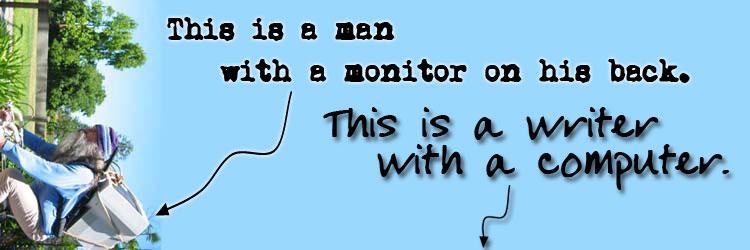The very first person close to me to die was my grandmother, my dad’s mother. What I knew of her was this: she was paralyzed to a wheelchair due to a stroke when I was 2, her face was round framed by permed dyed black hair, and her voice struck fast and sharp. We weren’t particularly close. Yet the day she died when I was around 12, I felt a strangeness in the air like a whisper.
I was lying in bed. My eyes closed, willing myself to sleep. But I woke as if a softness had brushed past me. She was dead.
Then the house phone rang. Quiet hushed voices. A pair of feet pattered downstairs and the garage door opened. A car drove. I knew what my parents would say the following morning.
Perhaps my mind knew since my grandmother was struggling in the hospital. But that was my first encounter with death. And soon too at the funeral as my sister and I said words on the podium that was likely lost on everyone. “We’ll see you again,” we said.
There was death that followed. My step-grandmother later. A neighbor my age who died from suicide. A colleague who stopped answering his email. The oral surgeon who I was referred to by my dentist and entered his office with a slip only to be turned away by “he’s dead. he’s not taking any new patients”. My grandfather. A friend who suddenly died from a medical complication when her daughter only an infant. They’ll collect over time, I know.
Then in my work in design with healthcare. I was struck by the fear that people had with death. Even more so the way that society avoided any talk of death. People will do anything to prevent their own death if they must stare it in its face. But the moment that the face is hard to see, it’s easy to do all the bad habits again. Fear paralyzes us or forces us to action.
Chris’ adored dog passed away awhile ago. I have this issue where I ask questions about him all the time. Did he like his belly rubbed? What did he do when he met other dogs? Would he attack a bunny? Or just chase playfully? I know the answers to these questions, but it’s because I know it’s part of him. Plus I want to know how it was like to know him. So I ask.
And yet. My friend’s mother died last summer. I didn’t know much about her until the last few months she was suddenly in our lives, appearing frequently in my friend’s life. I want to ask questions like the way I talk about Chris’ dog. Did she talk to you about sex? Did she ever punish you harshly for something you did? Did she ever say i told you so? But there are moments that I struggle. Where I hesitate and the words filter through my mind. I need to say freely. Death isn’t the end of us. For those who left behind can choose to remember.
